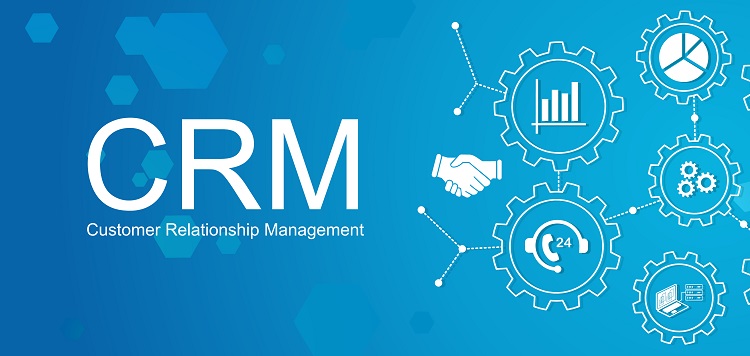Artificial Intelligence (AI) is transforming the way businesses operate, and some of the first product categories to be impacted are Customer Relationship Management (CRM) systems. Recent announcements from Microsoft and Salesforce on their AI-dependent software offerings have marked the beginning of a revolution in the CRM marketplace. In this article, we will delve into the impact of AI integration in the CRM marketplace and how it is affecting the CRM vendors.
The reality of AI revolutionizing CRM systems
The hype surrounding AI predictions may have led to some skepticism, but one cannot deny that AI technologies are revolutionizing various aspects of business. CRM systems are among the first to be impacted since they can have a fast impact on a company’s bottom line when effectively implemented. Integrating AI tools into CRM software can enable faster and more efficient workflows, automate mundane tasks, and offer sophisticated insights into customer behavior.
The Appeal of Implementing Effective CRM Systems to Drive Business Success
CRM systems have always been highly sought-after in the business world, even before the integration of AI technologies. A lot of attention is paid to the implementation of CRM systems since they can efficiently manage customer data, streamline business processes, and drive customer retention. When AI is integrated into the mix, the possibilities are endless. AI can help businesses make data-driven decisions, offer personalized experiences to customers, and provide solutions to optimize customer engagement.
Microsoft’s inclusion of ChatGPT in Power Platform for easy workflow integration
Microsoft recently announced the integration of ChatGPT, an AI-powered chatbot tool, into its Power Platform. This integration provides businesses with the opportunity to easily build their own workflows, enabling them to incorporate a user-friendly chat interface into their CRM systems. This process streamlines workflows and can also provide faster customer service and support, thanks to ChatGPT’s natural language processing capabilities.
The Adaptability of Sales Funnels and Customer Journeys Through AI Technologies
Through the integration of AI in CRM systems, sales funnels and customer journeys can be modified on the fly to adapt to changing variables such as economic conditions, competitor activity, and evolving tastes. AI solutions can provide valuable insights into potential customer needs, enabling businesses to make necessary changes to their sales funnels and customer journeys to meet those needs.
The ability of generative AI to transform corporate data assets into marketing materials
Generative AI offers the potential to repurpose corporate data assets as marketing materials, whether in text or image formats, quickly and cost-effectively. This technology can be used to create dynamic infographics, product videos, and other promotional materials that can hold a customer’s attention.
AI-driven personalized marketing content for individual customers and prospects’ needs
With the use of AI technologies, marketing content and messages can be tailored on a personalized basis to suit the needs and desires of individual customers and prospects. This creates unique experiences for each customer that can provide them with enhanced satisfaction and promote further engagement. Personalized marketing content can help maintain customer loyalty while simultaneously attracting new customers.
The Potential Success of CRM Vendors Who Integrate Third-Party Developers into Their Offerings
The success of CRM vendors who integrate third-party developers into their offerings may play a significant role in the evolution of the CRM marketplace. By partnering with developers, CRM vendors can offer their customers advanced features and a wider range of customized services.
The Dominance of Platform-Building Companies in the Last 20 Years of Technological Innovation
The winners of the last 20 years of technological innovation have been companies that built platforms. These platforms have offered third-party developers an open application programming interface (API) to create custom integrations and plugins for their products, that have expanded their offerings and enhanced their customer experiences. CRM vendors who offer these types of platforms and integrations can succeed by offering value-added services to their customers.
The Inevitability of Established Methods Being Swept Away by New AI Systems
The technological infrastructure is in place for this new generation of AI systems to sweep away many established ways of working. Businesses that do not embrace these new methods risk being left behind in their industries. CRM vendors that adapt to these changes, on the other hand, will become pioneers in innovation, making their platforms the go-to choice for businesses looking to optimize their customer engagement and enhance their bottom line.
In conclusion, AI technology is transforming the CRM marketplace and presenting new opportunities for businesses to streamline their operations, enhance customer engagement, and improve their bottom line. CRM vendors who embrace these new technologies and integrate them into their offerings will gain a competitive advantage and can serve as role models for other businesses looking to adapt to this new technological era.

